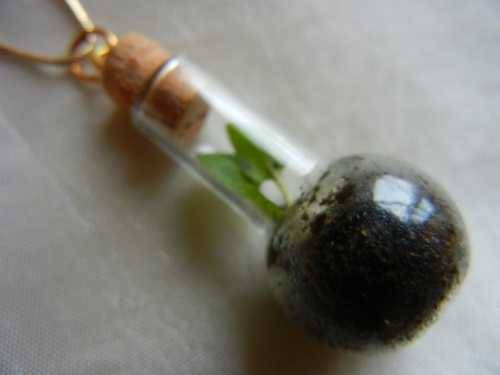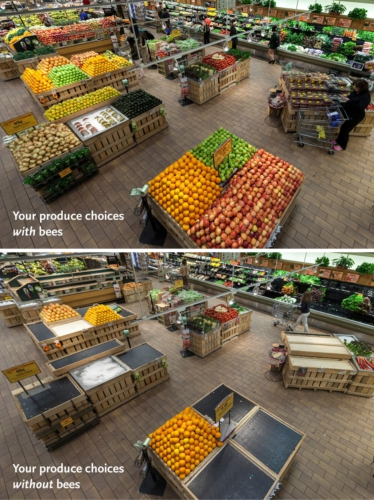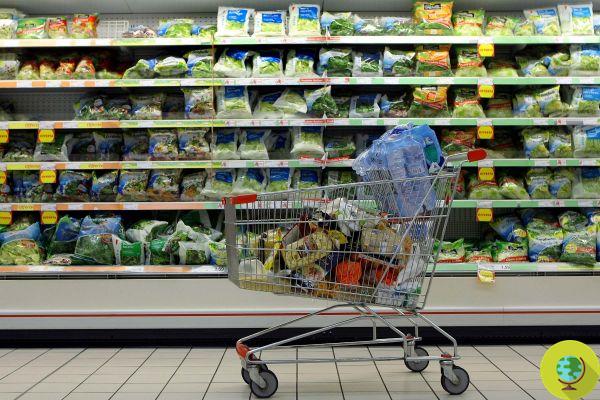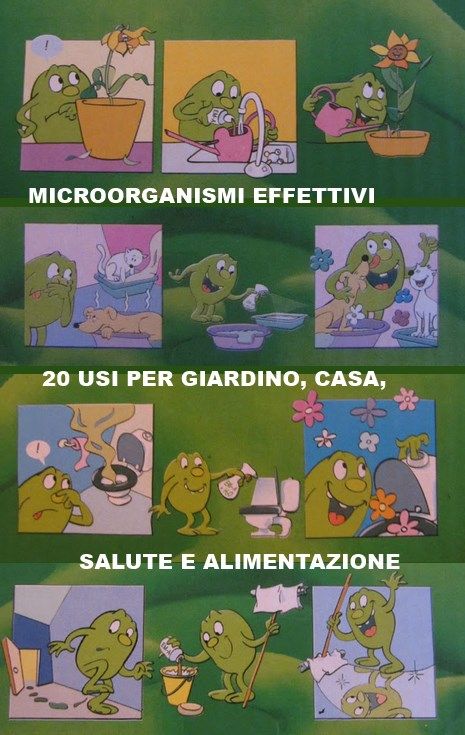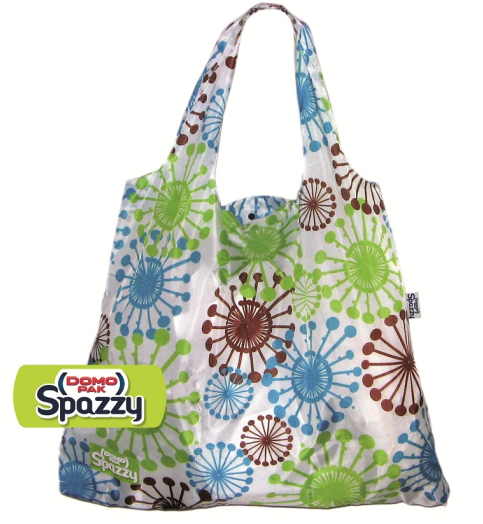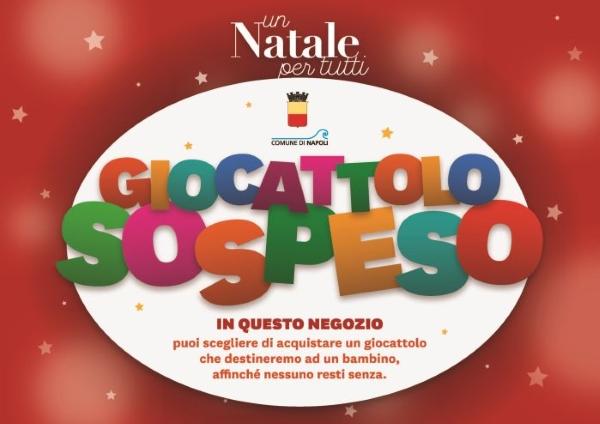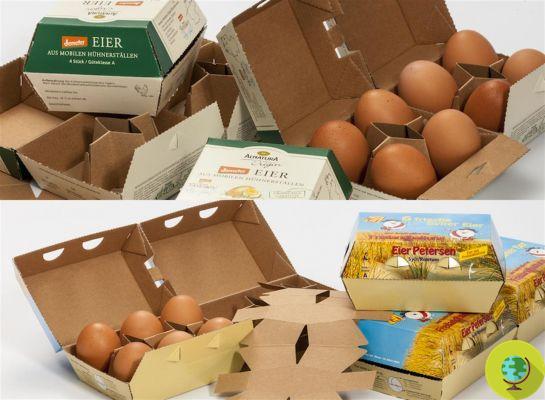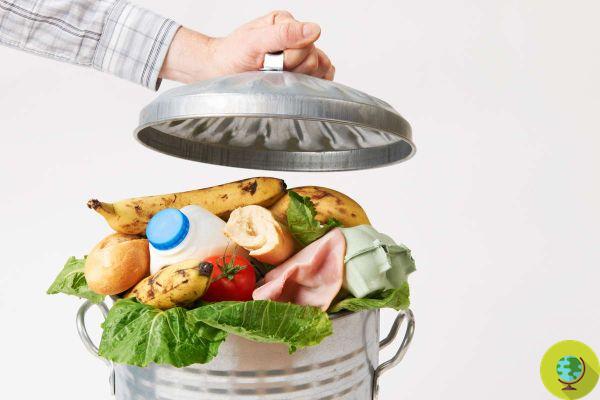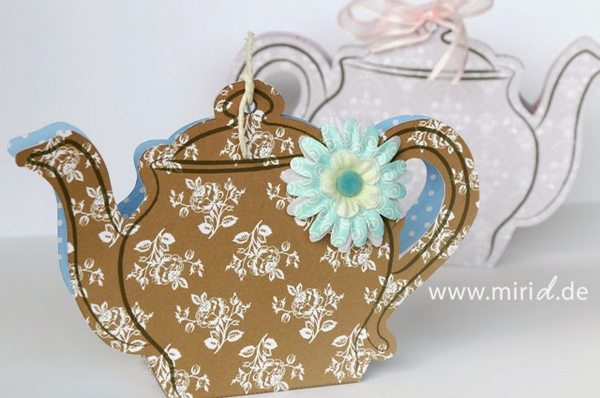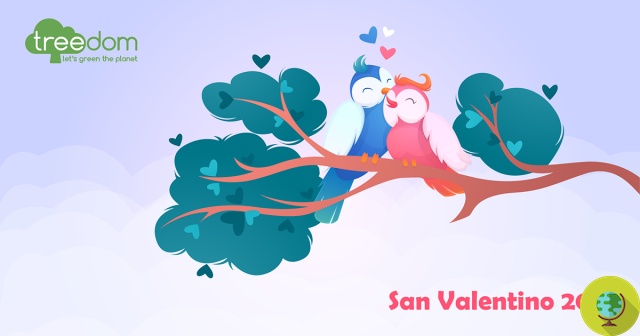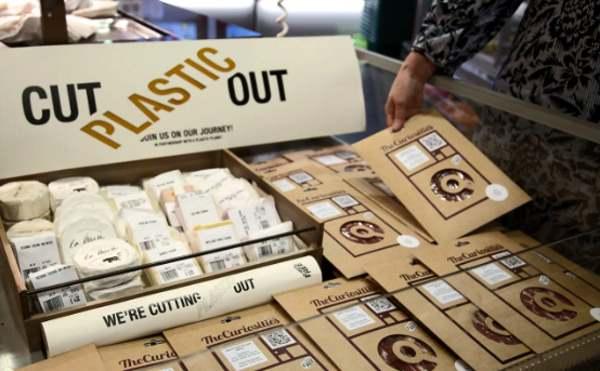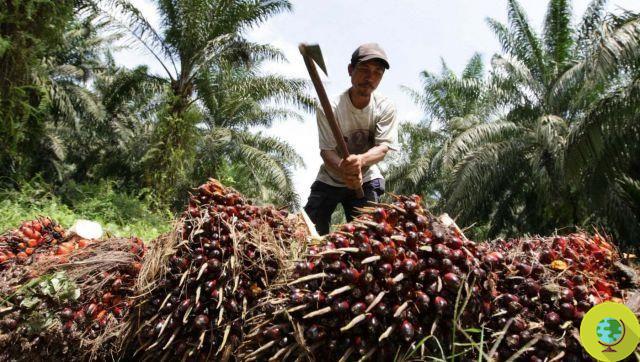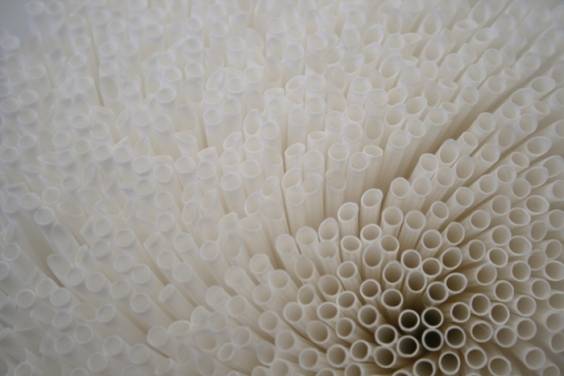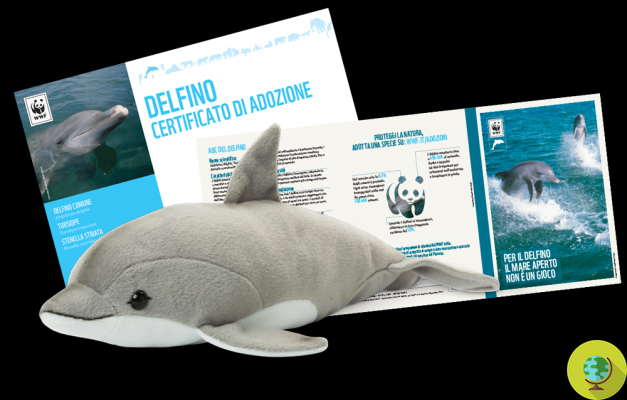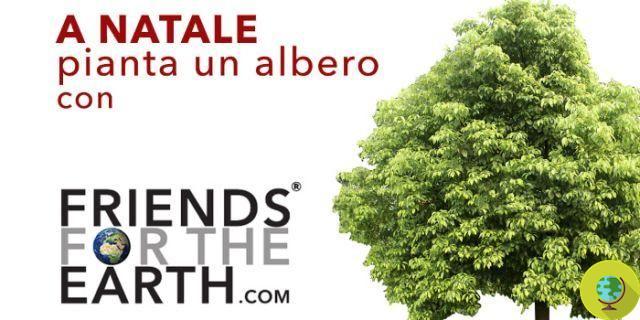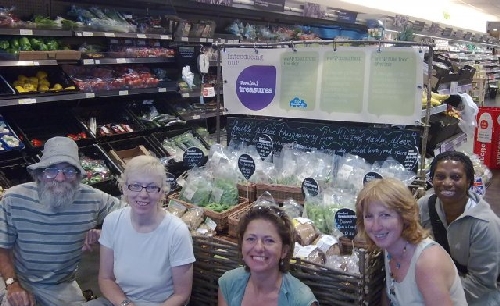Today we are practically used to buying everything already made, from food to clothes, to cleaning and hygiene products, not to mention all the utensils and objects of daily use. We buy everything already done because it is undoubtedly more convenient, since industrial production allows us to have constant and immediate access to everything we need.
Don't store avocado like this: it's dangerous
Today we are practically used to buying everything already made, from food to clothes, to cleaning and hygiene products, not to mention all the utensils and objects of daily use. We buy everything already done because it is undoubtedly more convenient, since industrial production allows us to have constant and immediate access to everything we need.
Yet, buying everything already done has some not insignificant consequences: not only that weighs on the wallet, but it often negatively affects the planet and our health. Meanwhile, it means buying packaged products and thus produce a huge amount of waste e packaging. Secondly, it means having much less control over how that food, those detergents or cosmetics were produced: in many cases we won't know where they come from, or what's inside, what toxic chemicals will end up in our stomachs or we will absorb through the skin. Chemical substances that in the meantime have also polluted the air and groundwater. And maybe those products will have traveled hundreds or thousands of kilometers to get to us, wasting them Petroleum and producing large quantities of CO2.
If we want keep all these side effects under control, a possible solution is self-production: in every field of daily life, there are a lot of things that we can self-produce and stop buying, we are spoiled for choice. I started with food, both because it is perhaps the simplest and most immediate thing when we are used to cooking, and because changing our most essential act of consumption (that of eating) is essential if we do not want to poison ourselves or destroy the environment.
Index
The food
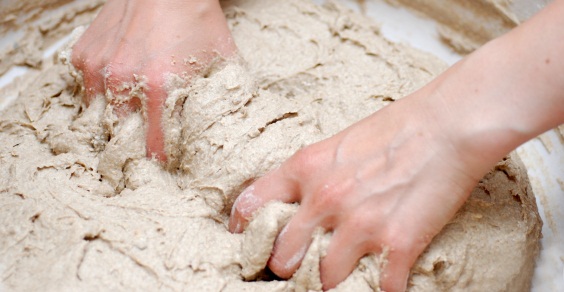
One of the first things we started doing at home was the bread: often what you find in the bakery (made with conventional flours) is expensive and of poor quality, and maybe after a few hours it has already become "paper". Making it at home, we can choose the ingredients to use, we can customize it in many ways (by adding nuts, olives or seeds of different types) and we can leave it rise for a long time with the sourdough, so that it is not heavy and indigestible. Our homemade organic bread (with mixed type "0" flours, Manitoba and stone-ground wholemeal) it costs us about € 1,20 per kilo, against € 3,50-4 per kilo for the conventional one, and € 6-7 per kilo for that organic which can be found in the bakery. We do it on average once every two weeks and we freeze it in slices, in order to always have the necessary quantity without waste.
Of course, bread is just one example: there are many foods that we can self-produce, such as yogurt, pasta and biscuits, but also jams and canned tomatoes or vegetables in oil. And if we want, we can go even further and go as far asself-production of the raw material with which to prepare many of our foods: in other words, we can cultivate the vegetable garden. We don't necessarily have to live in the countryside and have a large garden, we can also grow a small vegetable garden on the balcony: last summer, on my sunny and south-facing balcony, tomatoes and basil were very successful and I still have ten jars in the freezer. of homemade pesto with my basil: a completely different to eat. Now the garden is at rest (there are only sage and rosemary, which resist the winter cold), but in a couple of months it will start again and this year I intend to experiment with new things: salad, some herbs and maybe strawberries. The home garden is an expense at the beginning, but it is a nice way to get your hands on things and get back in touch with natural cycles; and if it works, you can reasonably think of re-entering the costs and producing seasonal fruit and vegetables without the use of pesticides and herbicides that pollute the environment and are harmful to health.
The detergents
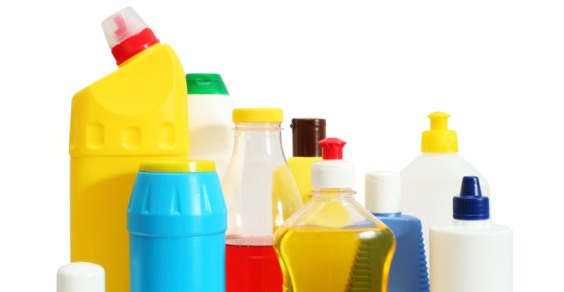
When we talk about harmful chemicals, the discussion is not limited only to those that we can ingest by mouth, but also to those that we can inhale or absorb through the skin: thanks to the huge amount of industrial detergents that we let into our homes, every day we are exposed to hundreds of highly toxic and polluting chemicals. But despite the advertising wants us to believe that these substances are indispensable, in reality a few simple and natural ingredients are enough water, baking soda, vinegar, citric acid, alcohol and essential oils to compose simple and effective do-it-yourself detergents. For over a year, I have successfully gotten rid of the various Glassex and Lysoforms: in some cases (such as the dishwasher and laundry) I use ecological detergents, but for example I discovered the great versatility of citric acid, excellent as a softener and to remove limescale. A blend of 3 tablespoons of citric acid and 3 tablespoons of bicarbonate dissolved in a liter of water Is a great one anti-limescalewhile to get one universal sprayer for glass and surfaces, just dissolve 100 ml of alcohol in 400 ml of water and add 4-5 drops of tea tree essential oil (also known as tea tree oil, with antibacterial functions). For steel surfaces (such as sinks) or for showers and refrigerators, the old and proven blend of water and vinegar continues to be an optimal solution.
Personal hygiene and cosmetics
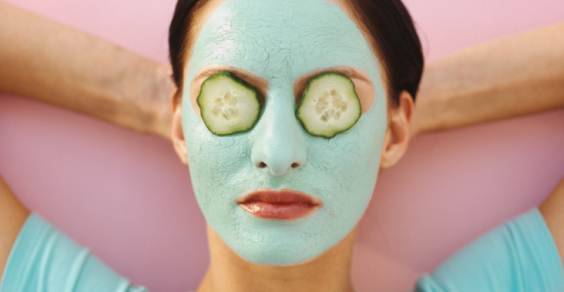
The same goes for the extremely lucrative sector of cosmetics and personal care products: here too, large quantities of chemical additives, such as phthalates and parabens, threaten the environment and our health. THE parabens they are gods synthetic preservatives particularly used in products that contain water (such as face creams, shampoos and deodorants) and recently some studies have shown the carcinogenic power. The phthalates they are instead used to soften plastic (for example in the case of PVC which makes up many films for food) as well as as solvents or “fragrances” in cosmetics, personal hygiene products and diapers, and are part of the category of so-called "endocrine disruptors"(Synthetic substances that are absorbed by the body through the epidermis, provoking long-term damage). As such, phthalates have been linked with certain types of cancer, diabetes, autism, obesity, heart disease, fertility problems, attention deficit hyperactivity disorder in children, early puberty, developmental disorders of the genitals and reduction in the number of spermatozoa.
To defend ourselves from the attacks of these substances, as in the case of detergents, we can use ingredients of natural origin that are often in common and daily use, such as oil, lemon, salt and honey (which, after all, are also basic components of many industrial products): there is no need to synthesize dangerous and complex chemical substances, the only thing to pay attention to is if we are allergic to any of these ingredients (the essential oils, for example, can be allergenic), so we must carefully choose those compatible with our skin.
Do-it-yourself cosmetics is a world full of possibilities to discover: it goes from simple soap face creams, to scrub and at body creams. For example, when our skin is attacked by the winter cold, we can prepare a moisturizing face cream based on milk and olive or sweet almond oil; for dry, flaky body skin, we can prepare one instead salt scrub with 300 g of salt, 50 g of avocado (or sesame or jojoba oil), 25 g of cocoa powder unsweetened, three drops of vanilla essential oil e honey to sweeten.
These are just a few examples of what we can do self-produce at home: there are many other roads in which I have not yet ventured, such as the self-production of clothes, sweaters, scarves, toys and much more. The ways of self-production are practically infinite: all you need is imagination and desire to explore them.
Caterina D'Amico




